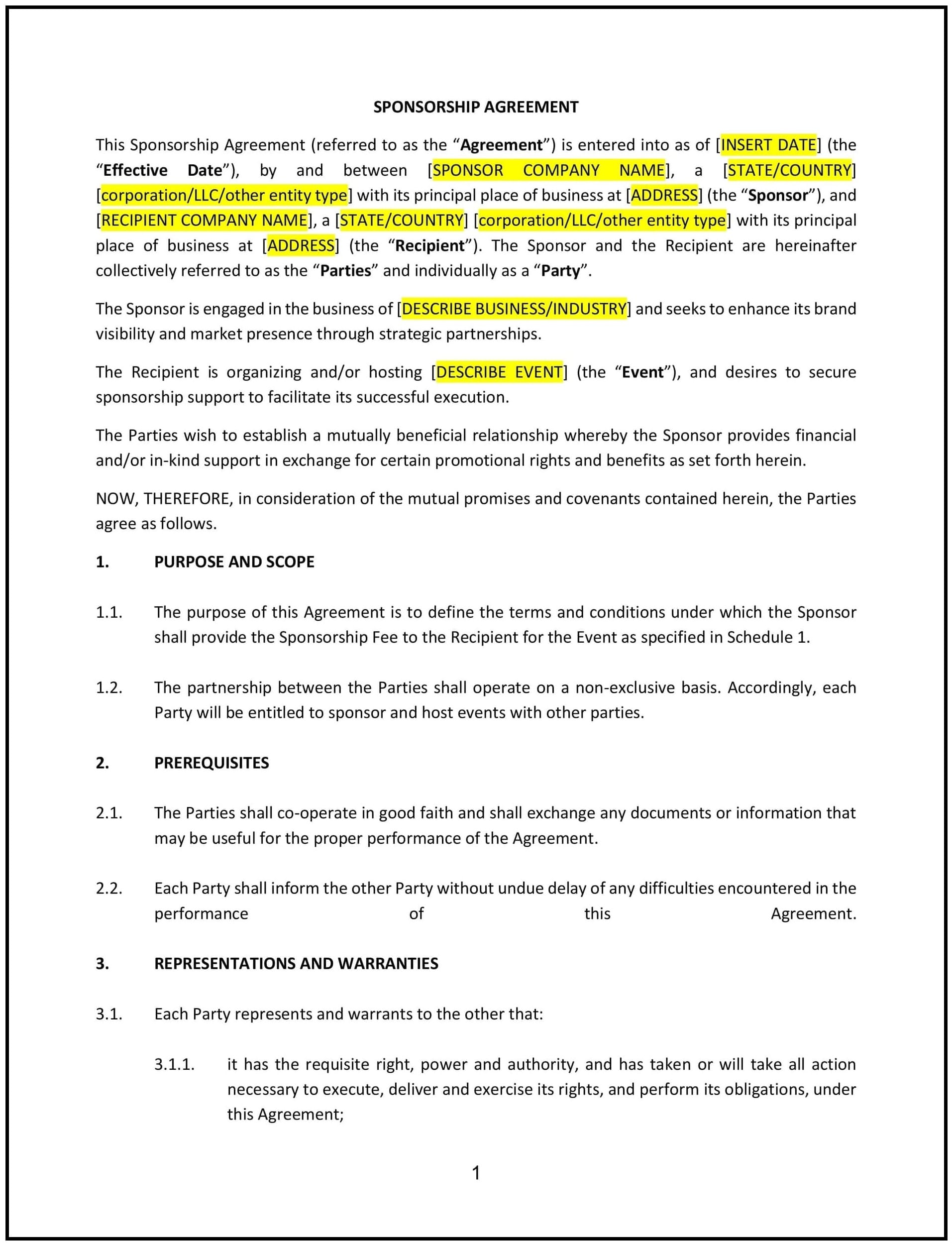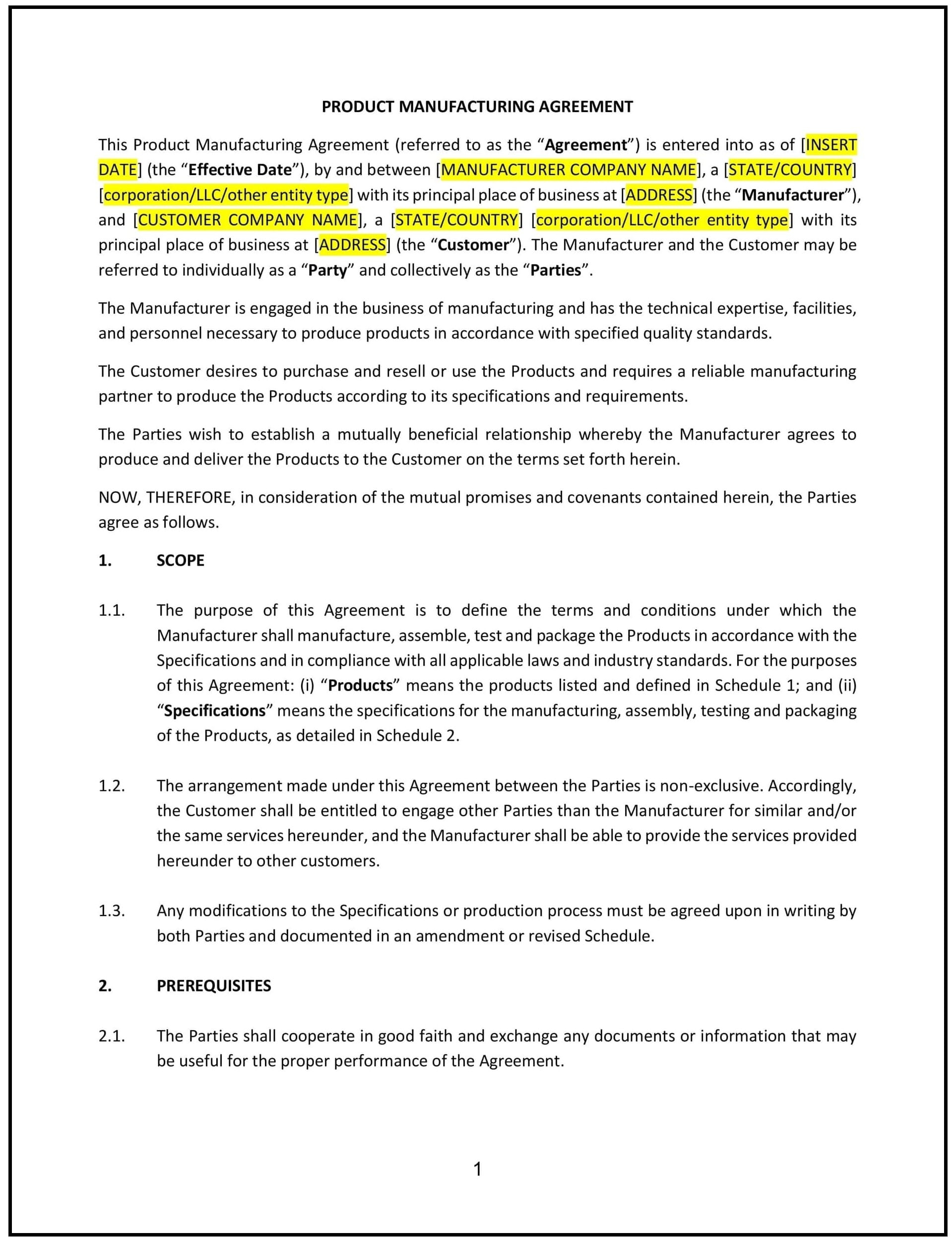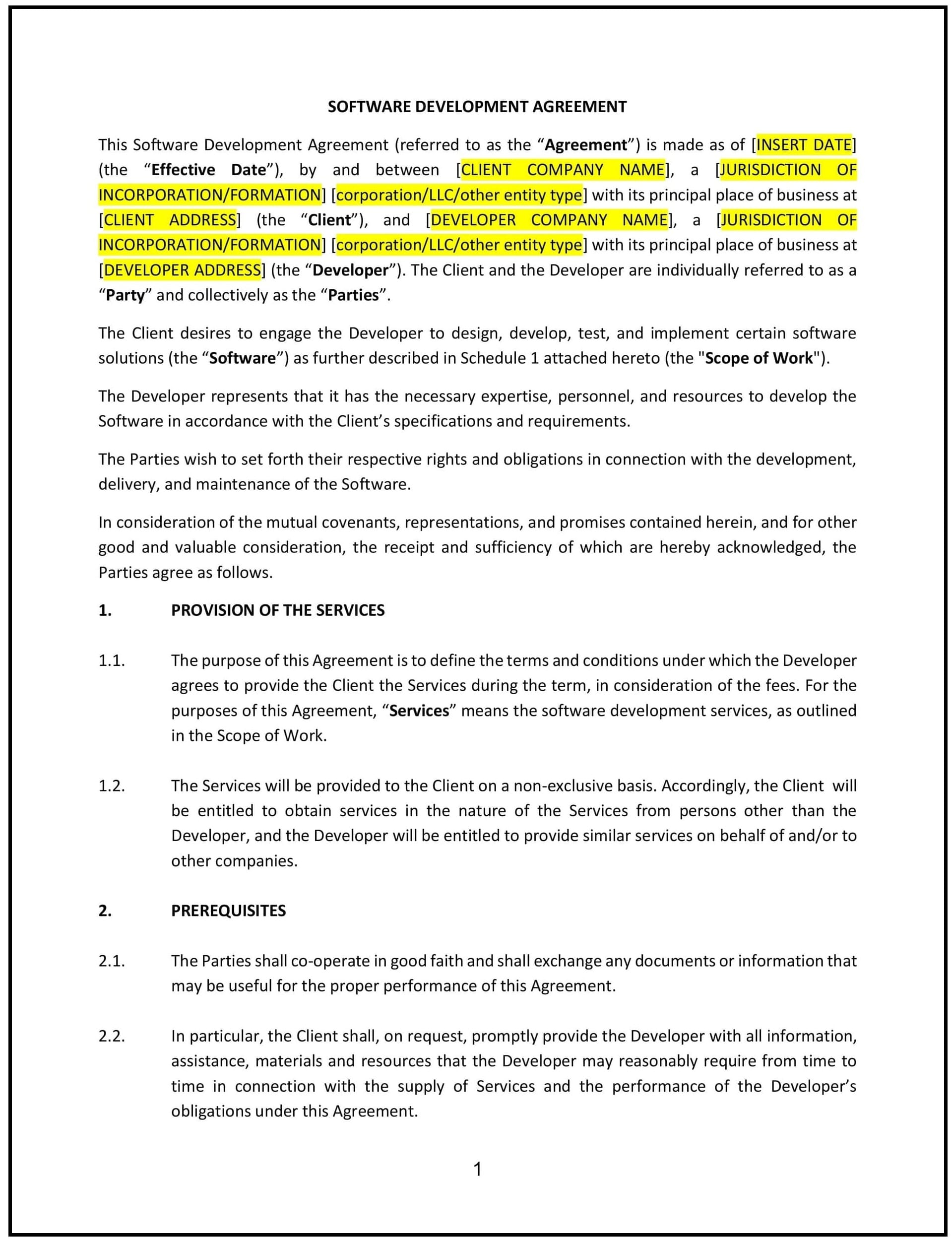Settlement Agreement (Maine): Free template
Settlement Agreement (Maine)
A Settlement Agreement is a legally binding contract used to resolve disputes between two or more parties without going to trial. In Maine, this type of agreement is commonly used in industries such as employment, real estate, construction, and business litigation to settle claims related to contracts, injuries, or other legal disputes.
Whether resolving a workplace dispute, ending a lawsuit, or settling a breach of contract claim, a well-drafted Settlement Agreement helps minimize risks, clarify final obligations, and provide closure for all parties involved. For example, a Portland-based employer might use a Settlement Agreement to resolve an employment discrimination claim, while a Bangor-based contractor might settle a payment dispute with a client.
Tips for drafting and maintaining a Settlement Agreement in Maine
- Clearly articulate the purpose of the settlement: Specify the nature of the dispute being resolved and the intent of the parties to settle the matter amicably.
- Example: “This Settlement Agreement resolves all claims arising from the employment dispute between Party A and Party B, including but not limited to allegations of wrongful termination.”
- Outline the terms of the settlement: Detail the financial settlements, payments, or other remedies agreed upon by the parties. Ensure these terms are clear and realistic.
- Example: “Party A agrees to pay Party B $50,000 as a full and final settlement of all claims, payable in two installments of $25,000 each.”
- Include release and waiver clauses: Specify that the parties agree to release each other from all claims related to the dispute, except as otherwise stated in the agreement.
- Example: “In consideration of the settlement payment, Party B releases Party A from any and all claims, known or unknown, arising out of the dispute.”
- Address confidentiality: Protect sensitive information by requiring parties to maintain confidentiality about the terms of the settlement.
- Example: “The terms of this Settlement Agreement shall remain confidential, and neither party shall disclose the details to any third party without prior written consent.”
- Specify governing law: Indicate that Maine law will govern the agreement and specify the jurisdiction for resolving disputes. Under Maine law, settlement agreements must comply with the Maine Rules of Civil Procedure.
- Include dispute resolution mechanisms: Specify how disputes related to the settlement will be resolved, whether through negotiation, mediation, or arbitration.
- Example: “Any disputes arising under this agreement shall be resolved through arbitration in Portland, Maine.”
- Keep records of the settlement: Maintain copies of the signed Settlement Agreement and any related documentation for future reference. This is especially important in case of future disputes or audits.
Frequently asked questions (FAQs)
Q: Is a Settlement Agreement legally binding in Maine?
A: Yes, as long as the agreement is clear, reasonable, and complies with Maine contract laws, it can be enforced. Including specific terms and signatures from all parties strengthens enforceability.
Q: What should a Settlement Agreement include in Maine?
A: It should include the purpose of the settlement, financial terms, release and waiver clauses, confidentiality provisions, compliance with Maine laws, and a process for resolving disputes.
Q: Can a Settlement Agreement be enforced in Maine?
A: Yes, a properly drafted Settlement Agreement is enforceable in Maine. If one party breaches the agreement, the other party may seek legal remedies.
Q: What happens if one party breaches a Settlement Agreement in Maine?
A: If one party breaches the agreement, the other party may have the right to seek damages, enforce remedies outlined in the contract, or pursue legal action. Maine courts may also impose penalties under the Maine Human Rights Act for employment-related breaches.
Q: What industries commonly use Settlement Agreements in Maine?
A: Industries like employment, real estate, construction, and business litigation frequently use Settlement Agreements in Maine. For example, an employer might settle a discrimination claim, or a contractor might resolve a payment dispute.
Q: How can businesses ensure compliance with Maine laws in Settlement Agreements?
A: Businesses should ensure their agreements comply with Maine’s contract laws, including the Maine Rules of Civil Procedure and the Maine Human Rights Act. Regularly reviewing and updating the agreement is also essential to maintain compliance.
This article contains general legal information and does not contain legal advice. Cobrief is not a law firm or a substitute for an attorney or law firm. The law is complex and changes often. For legal advice, please ask a lawyer.


